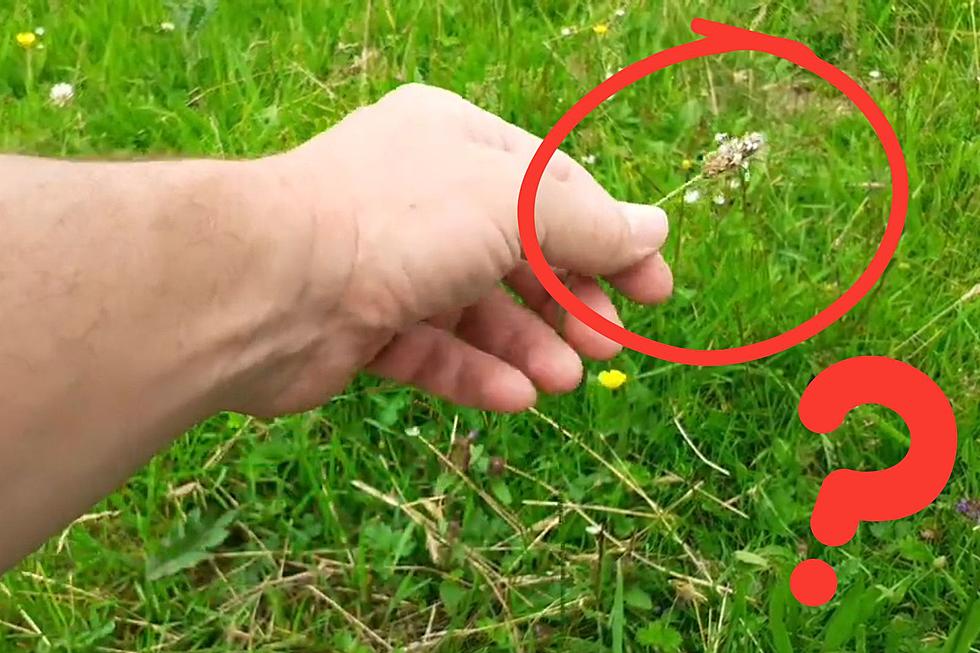
Invasive Weed Found Across New York State Reawakened After 177 Years
Invasive insects or reptiles are not the only things that don't belong in New York state environments. Invasive plant species can also wreck native ecosystems, and cause serious health problems for humans and other animals.
The New York Department of Environmental Conservation has identified some invasive plant species, such as the Golden Bamboo, Wineberry, and Japanese Honeysuckle as examples of some of the "greatest threats to New York's biodiversity."
But not all invasive plant species are prevalent all the time. Nature Ecology says some plant life can enter something called a lag phase, and will remain dormant for many years.
But what about an invasive weed that can lay dormant for up to 177 years?
Have You Seen This Weed in Your Yard?
Ribwort plantain (or, buckhorn plantain) is a species of flowering plant, that is found in all states, including New York. The plant is native to Eurasia, and was once referred to by Newsweek as a "ticking time bomb". Experts say they grow between April and October.
See Also: Rare Invasive Species Hatching Season Approaches in New York
Newsweek says that ribwort was introduced to the U.S. in 1822, and has since expanded just about everywhere. No one knows quite how it got here, but some feel it was introduced by accident.
Ribwort can cause health problems for people, as it "contribute(s) to hay fever and other respiratory issues for susceptible individuals", says Newsweek.

Mohsen Mesgaran, an assistant professor in the Department of Plant Sciences at UC Davis, told Newsweek, that the "main impact is outcompeting native plants".
Mesgaran also stated, "Additionally, ribwort may attract pollinators away from native plants, which rely on these pollinators for seed production, potentially reducing their ability to maintain stable populations in the long term."
See Also: Is This Invasive Species In New York State Really As Bad As Some Say?
It can also destroy your lawn. How to manage them? Picture This basically says to take good care of your lawn through "frequent mowing", for it "inhibits their growth and fructification".
The 10 Most Invasive Animals & Insects in New York State
Gallery Credit: Will Phillips
More From WPDH-WPDA









